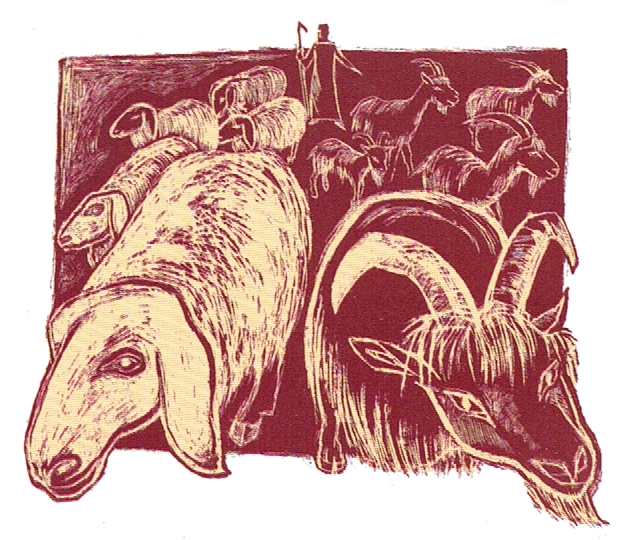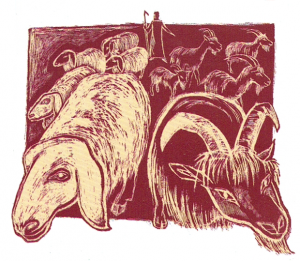
When reading Matthew, Mark and Luke both synoptically and carefully, one sees that a gap existed between John the Baptist’s perception of the messianic task and Jesus’ perception of it. Verses like Luke 3:9 and Luke 3:17 suggest that John anticipated an unfolding of God’s judgment with the advent of the Messiah—good fruit trees were to be spared and wheat collected, whereas bad trees and chaff were to be burned. This separation motif is an indicator of judgment.
Jesus, however, did not view the first phase of the messianic task, namely, proclaiming that the Kingdom of Heaven was at hand, in such terms. (The Kingdom of Heaven may be thought of as the redemptive movement that Jesus initiated, a movement in which God’s supernatural power has manifested itself to heal, restore and empower.) Jesus knew, as is evident from the way he described publicly his agenda in a synagogue in Nazareth (Luke 4:16-21), that he had been anointed to proclaim release to the captives, set free the downtrodden and announce the favorable year of the LORD. Moreover, quoting Isaiah 61:1-2, he stopped midstream in verse 2.
The abrupt stop before the phrase “to proclaim the day of vengeance of our God” was no mere coincidence. Jesus was making a provocative statement about who he was and the nature of his task, or, to be more specific, the first phase of that task, which continues even in our day.
What generated the disparity between the two perceptions of the messianic task? Incidentally, the disparity distressed John so much that he sent two of his disciples to Jesus to press the issue (Matt. 11:2-6). One factor that contributed to the gap was Malachi 4:5, which says that God would send the prophet Elijah, presumably as a herald, before the coming of the great and terrible Day of the LORD, that is, the day of judgment (cf. Mal. 3:1-2).
When reading Malachi 4:5, John apparently understood that the appearance of this herald and the coming of the Day of the LORD were nearly concurring events. This was not the case for Jesus. He understood the verse to mean that a span of time, potentially lasting thousands of years, would elapse between the herald and the Day of the LORD, the day when he would return to complete his messianic task as the awesome, divinely invested judge called the Son of Man (Matt. 25:31-46 and John 5:27).
John the Baptist’s understanding of Malachi 4:5 is the peshat, or, simple reading, of the verse. Jesus’ interpretation, on the other hand, can only be achieved by reading the verse as part of a greater complex of verses. Thus, John, an observant, God-fearing Jew, who played an extraordinary part in salvation history, had difficulty grasping aspects of Jesus’ teaching and conduct, not because he was dull of heart or spiritually blind, as Christians too often stereotype first-century Jews, but rather because of an ambiguity generated by the biblical text.
Christians read their Bibles through a lens of historical hindsight to illuminate certain features of Jesus’ teaching. Jews living in the first century did not have this benefit, and even one as saintly as John the Baptist struggled with aspects of Jesus’ messianic conduct.


































































































Comments 1
Thought I was purchasing a lengthier version of this article on “The Nature of Jesus’ Task, but it is only showing what is already free to read, and no download pdf. Disappointed.